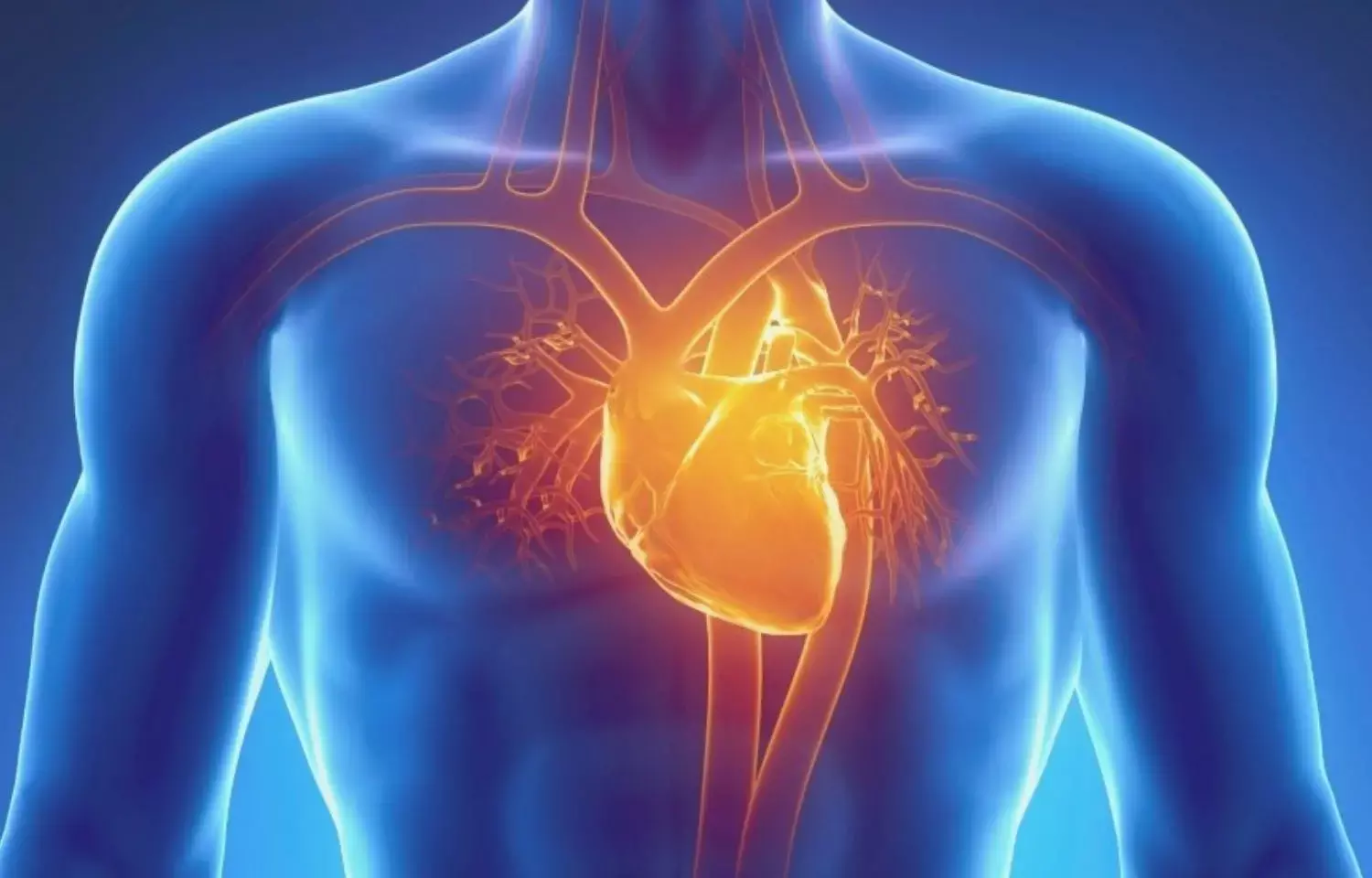- Home
- Medical news & Guidelines
- Anesthesiology
- Cardiology and CTVS
- Critical Care
- Dentistry
- Dermatology
- Diabetes and Endocrinology
- ENT
- Gastroenterology
- Medicine
- Nephrology
- Neurology
- Obstretics-Gynaecology
- Oncology
- Ophthalmology
- Orthopaedics
- Pediatrics-Neonatology
- Psychiatry
- Pulmonology
- Radiology
- Surgery
- Urology
- Laboratory Medicine
- Diet
- Nursing
- Paramedical
- Physiotherapy
- Health news
- Fact Check
- Bone Health Fact Check
- Brain Health Fact Check
- Cancer Related Fact Check
- Child Care Fact Check
- Dental and oral health fact check
- Diabetes and metabolic health fact check
- Diet and Nutrition Fact Check
- Eye and ENT Care Fact Check
- Fitness fact check
- Gut health fact check
- Heart health fact check
- Kidney health fact check
- Medical education fact check
- Men's health fact check
- Respiratory fact check
- Skin and hair care fact check
- Vaccine and Immunization fact check
- Women's health fact check
- AYUSH
- State News
- Andaman and Nicobar Islands
- Andhra Pradesh
- Arunachal Pradesh
- Assam
- Bihar
- Chandigarh
- Chattisgarh
- Dadra and Nagar Haveli
- Daman and Diu
- Delhi
- Goa
- Gujarat
- Haryana
- Himachal Pradesh
- Jammu & Kashmir
- Jharkhand
- Karnataka
- Kerala
- Ladakh
- Lakshadweep
- Madhya Pradesh
- Maharashtra
- Manipur
- Meghalaya
- Mizoram
- Nagaland
- Odisha
- Puducherry
- Punjab
- Rajasthan
- Sikkim
- Tamil Nadu
- Telangana
- Tripura
- Uttar Pradesh
- Uttrakhand
- West Bengal
- Medical Education
- Industry
Early coronary angiography not tied to higher risk of acute kidney injury in cardiac arrest survivors: Study

Netherlands: Performing early coronary angiography is safe with respect to the risk of developing acute kidney injury (AKI) after out-of-hospital cardiac arrest (OHCA), a study has claimed.
The study, published in Annals of Intensive Care found that early angiography was not associated with a higher incidence of AKI than a deferred angiography strategy although AKI occurred in about 20% of OHCA patients.
Acute kidney injury is a common complication in survivors of cardiac arrest and is associated with adverse outcomes. There is no clarity on whether the AKI incidence increases after the post-cardiac arrest contrast administration for coronary angiography. And, whether this depends on the angiography timings.
Considering the above, Gladys N. Janssens and colleagues from the Netherlands aimed to investigate whether early angiography is associated with increased AKI development compared to deferred angiography in survivors of out-of-hospital cardiac arrest in a retrospective multicenter cohort study.
The researchers investigated whether early angiography (within 2 h) after OHCA was non-inferior to deferred angiography with regard to AKI development. The primary analysis using propensity score matching was repeated as a sensitivity analysis. To identify predictors of acute kidney injury, a multivariable model was built.
The study yielded the following findings:
- A total of 2375 patients were included from 2009 until 2018, of which 1148 patients were treated with early coronary angiography and 1227 patients with delayed or no angiography.
- In the early angiography group, 18.5% of patients developed AKI after OHCA and 24.1% in the deferred angiography group.
- The risk difference was − 3.7% indicating non-inferiority of early angiography.
- The sensitivity analysis using propensity score matching showed accordant results, but no longer non-inferiority of early angiography.
- The factors time to return of spontaneous circulation (odds ratio [OR] 1.12), the (not) use of angiotensin-converting enzyme inhibitor or angiotensin II receptor blocker (OR 0.20), and baseline creatinine (OR 1.05) were found to be independently associated with the development of AKI.
The researchers conclude, "the present results implicate that it is safe to perform early coronary angiography with respect to the risk of developing AKI after OHCA."
Reference:
Janssens, G.N., Daemen, J., Lemkes, J.S. et al. The influence of timing of coronary angiography on acute kidney injury in out-of-hospital cardiac arrest patients: a retrospective cohort study. Ann. Intensive Care 12, 12 (2022). https://doi.org/10.1186/s13613-022-00987-w
Dr Kamal Kant Kohli-MBBS, DTCD- a chest specialist with more than 30 years of practice and a flair for writing clinical articles, Dr Kamal Kant Kohli joined Medical Dialogues as a Chief Editor of Medical News. Besides writing articles, as an editor, he proofreads and verifies all the medical content published on Medical Dialogues including those coming from journals, studies,medical conferences,guidelines etc. Email: drkohli@medicaldialogues.in. Contact no. 011-43720751


